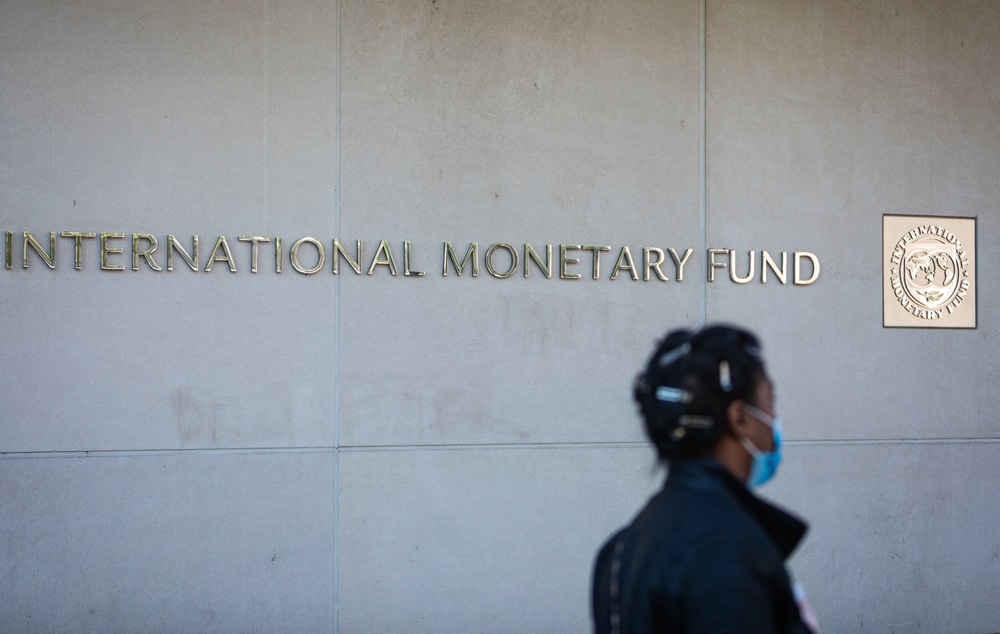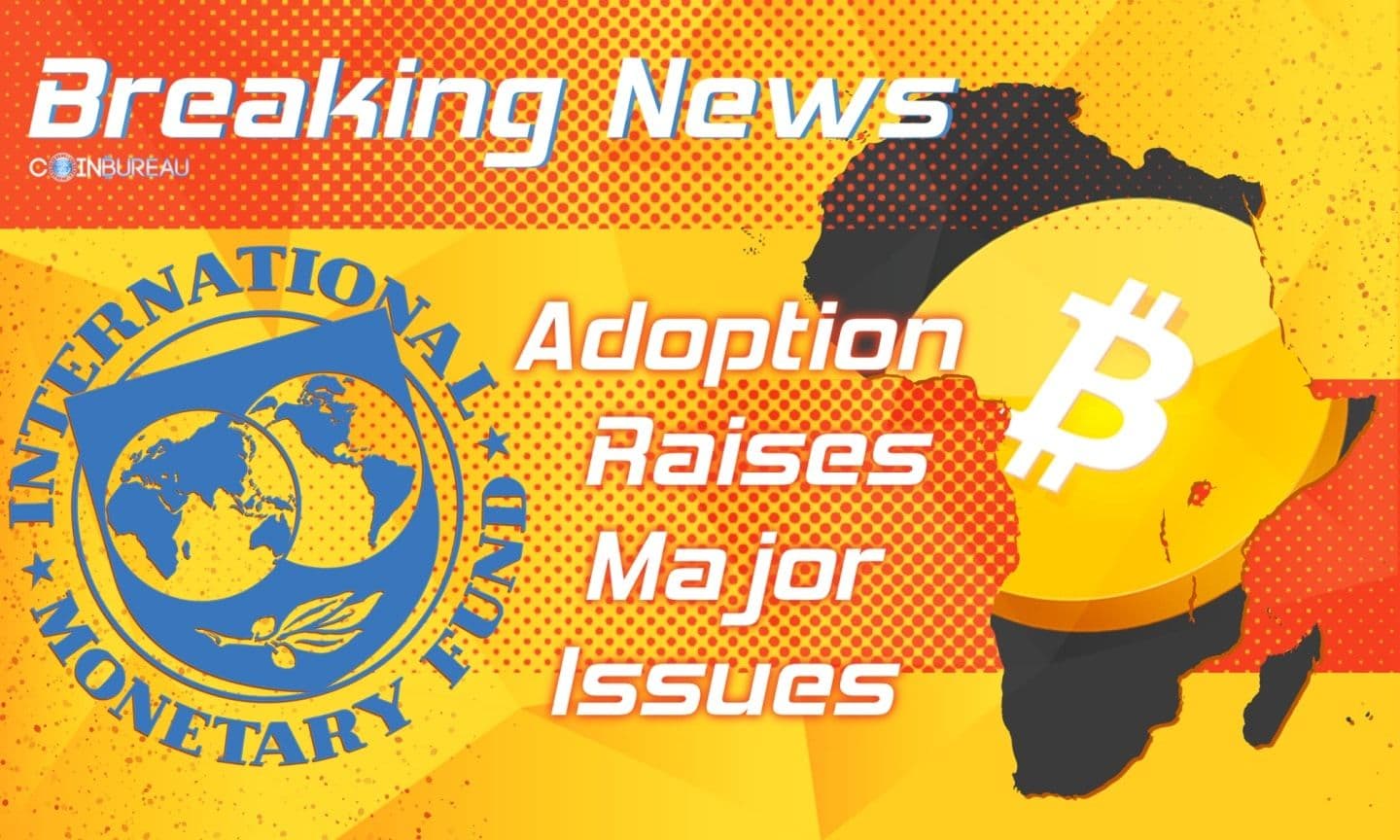The International Monetary Fund (IMF) has mentioned crypto in the latest issue of its Financial Stability Report.
The IMF says that one of the repercussions of the Russian invasion of Ukraine, alongside market disruptions in commodity markets and increased counterparty risk, is the “acceleration of cryptoization in emerging markets.”
Like other financial authorities, the IMF also worries that cryptocurrency is letting sanctioned countries evade economic restrictions.
“The war in Ukraine has brought to the fore a number of medium-term structural issues policymakers will need to confront in coming years, including the possibility that the geopolitics of energy security may put climate transition at risk; the risk of fragmentation of capital markets and possible implications for the role of the US dollar; the risk of fragmentation in payment systems and the creation of blocs of central bank digital currencies; more widespread use of crypto assets in emerging markets; and more complex and bespoke asset allocations in an effort to preempt the possible imposition of sanctions.”
 Image via Shutterstock
Image via Shutterstock
The organization called for policymakers to develop “comprehensive global standards” for crypto assets, and recommends a “more robust oversight of fintech firms and decentralized finance (DeFi) platforms.”
“To preserve the effectiveness of capital flow management measures in an environment of growing usage of crypto assets, policymakers need to pursue a multifaceted policy strategy,” the report said.
In a March report from Financial Times, top IMF official Gita Gopinath said that the current conflict in Eastern Europe would spur the adoption of digital finance, from cryptocurrencies to stablecoins and central bank digital currencies.
Gopinath, the IMF’s first deputy managing director said:
“Countries tend to accumulate reserves in the currencies with which they trade with the rest of the world, and in which they borrow from the rest of the world, so you might see some slow-moving trends towards other currencies playing a bigger role [in reserve assets].”
According to her, the increased attention that crypto technology is getting “draws us to the question of international regulation,” adding that “there is a gap to be filled there.”





